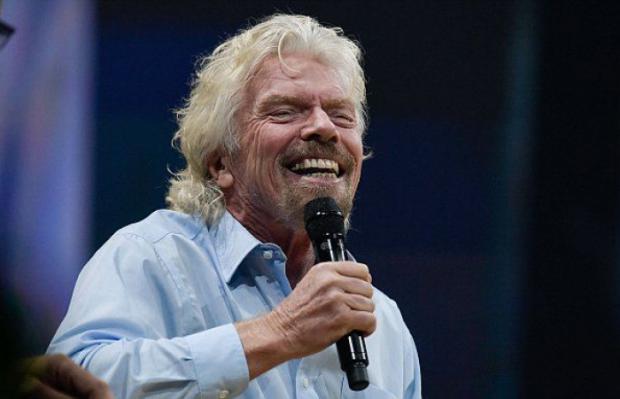
Breaking News
 Trump pardons Mets legend, 'Celebrity Apprentice' alum Darryl Strawberry over tax evasion co
Trump pardons Mets legend, 'Celebrity Apprentice' alum Darryl Strawberry over tax evasion co
 You WON'T BELIEVE How Much Money We're REALLY Sending To Israel!
You WON'T BELIEVE How Much Money We're REALLY Sending To Israel!
 China CANCELS U.S. Soybean Order?! Joel Salatin
China CANCELS U.S. Soybean Order?! Joel Salatin
 Ep 38 Jonathan Haidt: on The Anxious Generation: Childhood in Social Media Age & Fragile College ...
Ep 38 Jonathan Haidt: on The Anxious Generation: Childhood in Social Media Age & Fragile College ...
Top Tech News
 HUGE 32kWh LiFePO4 DIY Battery w/ 628Ah Cells! 90 Minute Build
HUGE 32kWh LiFePO4 DIY Battery w/ 628Ah Cells! 90 Minute Build
 What Has Bitcoin Become 17 Years After Satoshi Nakamoto Published The Whitepaper?
What Has Bitcoin Become 17 Years After Satoshi Nakamoto Published The Whitepaper?
 Japan just injected artificial blood into a human. No blood type needed. No refrigeration.
Japan just injected artificial blood into a human. No blood type needed. No refrigeration.
 The 6 Best LLM Tools To Run Models Locally
The 6 Best LLM Tools To Run Models Locally
 Testing My First Sodium-Ion Solar Battery
Testing My First Sodium-Ion Solar Battery
 A man once paralyzed from the waist down now stands on his own, not with machines or wires,...
A man once paralyzed from the waist down now stands on his own, not with machines or wires,...
 Review: Thumb-sized thermal camera turns your phone into a smart tool
Review: Thumb-sized thermal camera turns your phone into a smart tool
 Army To Bring Nuclear Microreactors To Its Bases By 2028
Army To Bring Nuclear Microreactors To Its Bases By 2028
 Nissan Says It's On Track For Solid-State Batteries That Double EV Range By 2028
Nissan Says It's On Track For Solid-State Batteries That Double EV Range By 2028
Richard Branson says he's 6 months from going to space --

After thirteen years of development and setbacks — including a fatal crash, technical difficulties and frequent delays — Richard Branson's private space program, Virgin Galactic, is soon ready for live action, at least according to Branson himself.
"We are hopefully about three months before we are in space, maybe six months before I'm in space," the founder of Virgin Galactic, which is part of Virgin Group, told an audience at Nordic Business Forum in Helsinki, Finland last week.
When he received an audience question about who will reach Mars first, he or Elon Musk, Branson made clear he is not as keen on the red star as SpaceX and Tesla's founder.
"I'm not as passionate about Mars as Elon is. My love for space is about how much it can do for people back here on earth, and that's what Virgin Galactic is pushing towards."

 Carbon based computers that run on iron
Carbon based computers that run on iron

